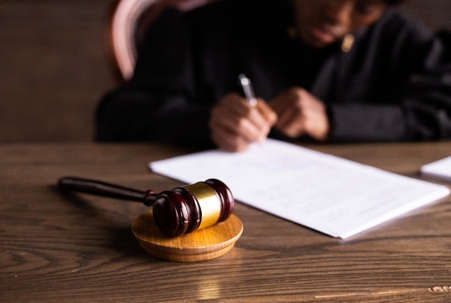A 12-part Series On All You Need To Know About The Process of Filing for Chapter 7 Bankruptcy
Part Ten – Meeting of Creditors
After filing your Chapter 7 Bankruptcy petition a hearing date is set called a meeting of creditors otherwise known as a 341(a) hearing. This date is set after the debtor’s bankruptcy petition is filed and after all “521 documents” have been submitted to the trustee. When you attend the meeting of creditors the trustee already knows, or at least has a good idea, of what the debtor has and whether there are any errors in the petition.
The meeting of creditors must be held no fewer than 21 days and no more than 40 days after filing of the bankruptcy petition. In Chapter 7 bankruptcy cases the meeting of creditors is conducted by the Chapter 7 trustee appointed by the Office of the U.S. Trustee.
When a debtor files a bankruptcy petition it has the contact information for all the debtor’s creditors. The court clerk uses that information and is required to provide at least 21 days’ notice of the meeting of creditors or 341(a) hearing to the debtor’s creditors. That’s right, your creditors can appear and ask you questions.
The meeting of creditors or 341(a) hearing gives creditors a unique opportunity to examine the debtor under oath without incurring significant legal or other out-of-pocket costs. It also gives creditors and their counsel an opportunity to assess the likelihood of recovering anything on creditor claims, before deciding whether or not to incur the additional expense of hiring a bankruptcy specialist. However, for no asset Chapter 7 bankruptcies creditors almost never appear. Also, the Trustee generally will not permit extensive examination at this meeting and will suggest that creditors wishing to probe the debtor in depth, move the court for an order allowing them to conduct a Rule 2004 examination which is more extensive.
At the hearing the Trustee will call the debtor’s name, place the debtor under oath, and ask the debtor questions about their identity and about specifics of the bankruptcy petition. Typically, these hearings are over in a matter of minutes for simple no asset Chapter 7 petitions because there is not much to talk about. These hearings are very informal and are relatively painless. After the hearing a couple notices go out and then comes the order of discharge.

